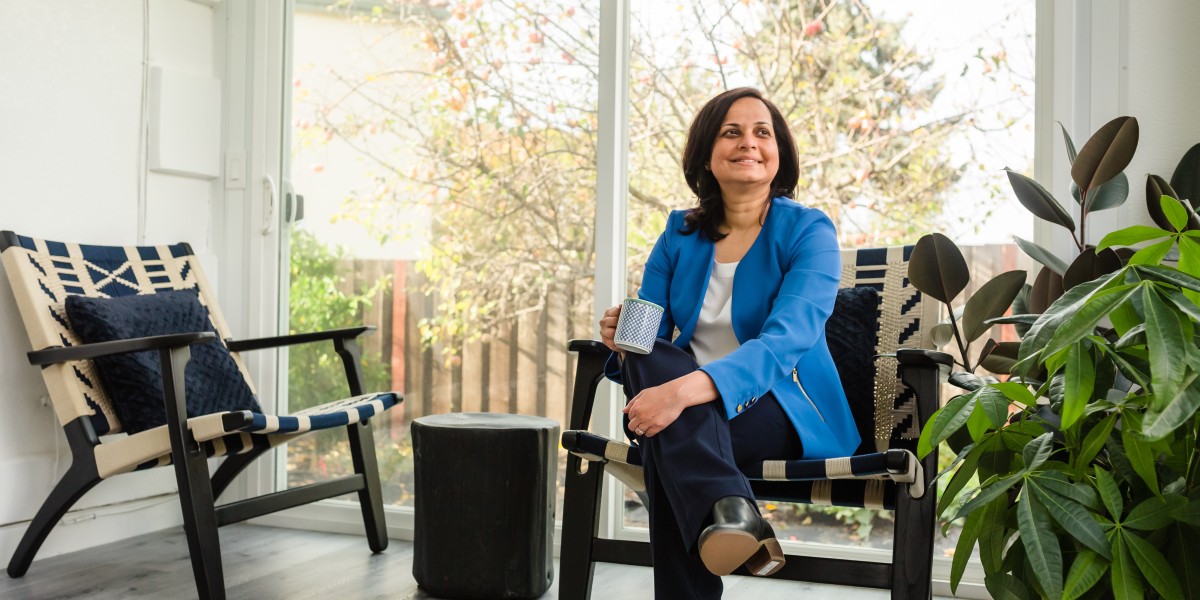Holistic cancer treatments have gained attention in recent years for their comprehensive approach to addressing the physical, emotional, and spiritual aspects of cancer care. However, there are many misconceptions and misunderstandings surrounding these treatments. In this article, we aim to clear up some of these misunderstandings and provide a more accurate understanding of what holistic cancer treatments entail.
Misunderstanding 1: Holistic Cancer Treatments are a Replacement for Conventional Medicine
One common misconception is that holistic cancer treatments are an alternative or replacement for conventional medical therapies such as surgery, chemotherapy, and radiation therapy. In reality, holistic treatments are meant to complement and enhance conventional cancer care, not replace it. Integrating holistic therapies alongside conventional treatments can help support the body's natural healing processes and improve overall quality of life during cancer treatment.
Misunderstanding 2: Holistic Cancer Treatments are Not Evidence-Based
Some people believe that holistic cancer treatments lack scientific evidence to support their effectiveness. While it's true that not all holistic therapies have been extensively studied in clinical trials, many complementary and alternative treatments used in holistic cancer care have evidence to support their benefits. For example, acupuncture has been shown to help alleviate chemotherapy-induced nausea and vomiting, while mindfulness-based stress reduction techniques have been found to improve psychological well-being in cancer patients.
Misunderstanding 3: Holistic Cancer Treatments are Expensive and Inaccessible
Another misconception is that holistic cancer treatments are prohibitively expensive and only available to a privileged few. While some holistic therapies may come with a cost, there are also many affordable and accessible options available. Additionally, many cancer centers and healthcare facilities now offer integrative oncology programs that provide holistic treatments alongside conventional care. Furthermore, some insurance plans may cover certain holistic therapies, making them more accessible to a wider range of patients.
Misunderstanding 4: Holistic Cancer Treatments are Unsupported by Medical Professionals
There is a misconception that medical professionals do not support or endorse holistic cancer treatments. However, many healthcare providers, including oncologists, recognize the value of integrative oncology and may refer patients to integrative medicine practitioners or incorporate holistic therapies into their treatment plans. Collaboration between conventional medical providers and holistic practitioners is key to providing comprehensive and patient-centered cancer care.
Conclusion:
Holistic cancer treatments offer a valuable complement to conventional medical therapies, addressing the physical, emotional, and spiritual needs of cancer patients. By clearing up misunderstandings and misconceptions about holistic treatments, we can foster greater understanding and acceptance of integrative oncology as a legitimate and effective approach to cancer care. Through collaboration between healthcare providers and open communication with patients, we can ensure that individuals facing a cancer diagnosis have access to holistic treatments that support their overall well-being and enhance their quality of life.









